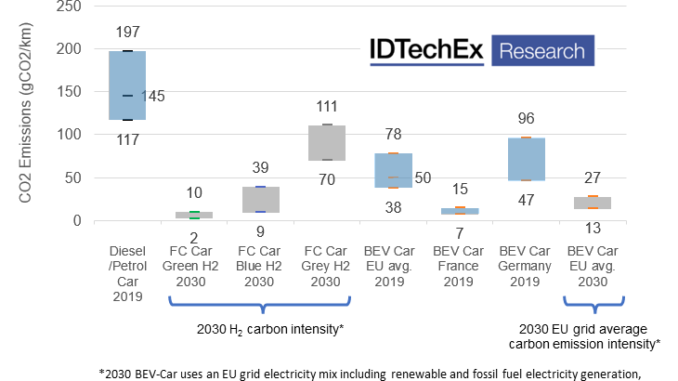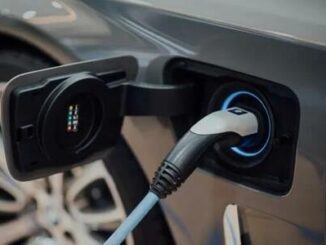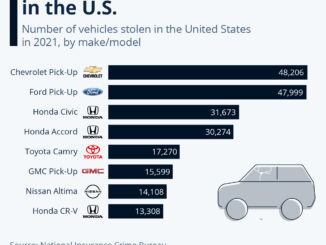
In the view of the experts at IDTechEx, although fuel cell powertrains hold a range advantage today, the continued wait for a point of viable commercial deployment means rapidly improving battery powertrains are eroding this advantage.
“The long-range niche for fuel cell vehicles will continue to shrink the longer the wait for infrastructure and cost-effective, low-carbon hydrogen fuel. 2023 is likely to be a difficult year for fuel cell vehicles, with high gas prices worldwide leading to high grey hydrogen prices,” the document states.
Despite this state of affairs, the market analyst reckons that fuel cell vehicles continue to attract attention and therefore, there is ongoing work to improve the design of fuel cell systems for automotive applications.
“In the truck market, there are several fuel cell models in testing, with the likes of Hyundai, Toyota, Nikola, Hyzon, and Daimler looking to deploy the technology in the not-too-distant future,” the report points out. “In the passenger car market, Toyota and Hyundai continue to be the only manufacturers offering series production FCEV, with their Mirai and Nexo models, respectively. There is plenty of ongoing work to improve the design of fuel cell systems for automotive applications.”
In addition to the lack of infrastructure, the fact that most of the hydrogen fuel used today is the ‘grey’ type, is not playing in favour of the technology.
According to IDTechEx, grey hydrogen offers, at best, a minimal CO2 emission reduction over modern combustion engines as it is produced by steam methane reforming of natural gas.
The analysis mentions that several recent announcements have been made about funding support to produce low-carbon blue and green hydrogen. In September 2022, the EU approved $5.2 billion in public funding for green hydrogen projects, and the US announced plans for a $7 billion investment to establish up to ten regional hydrogen hubs.
“However, at this stage, neither the cheap renewable energy generation resource required to produce cheap green hydrogen nor the carbon capture and storage technologies required for blue hydrogen has been demonstrated at a scale that can deliver low carbon hydrogen with a pump price competitive with diesel, petrol, or electric charging,” the dossier notes. “Development efforts are likely to take considerable time and require significant investment.”


